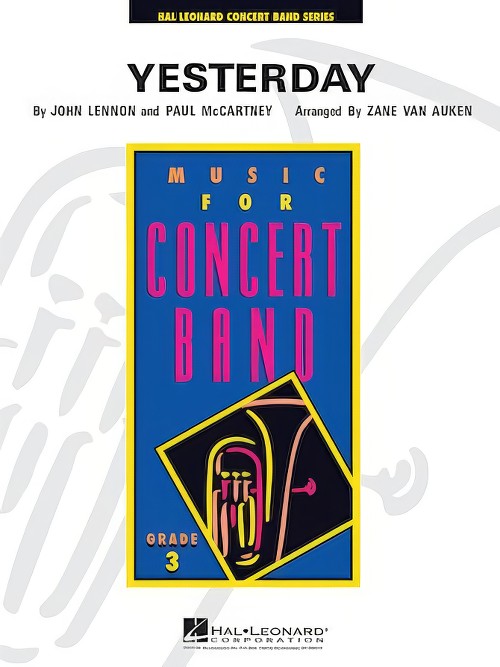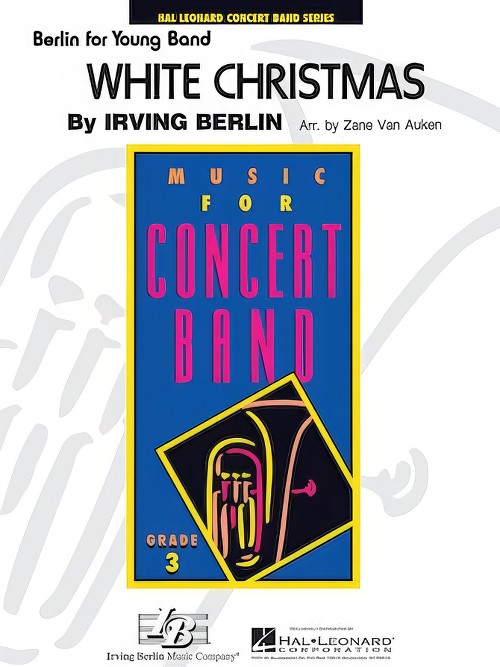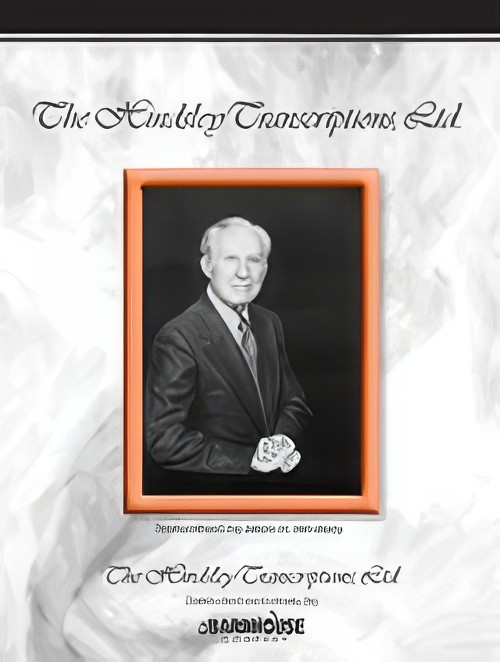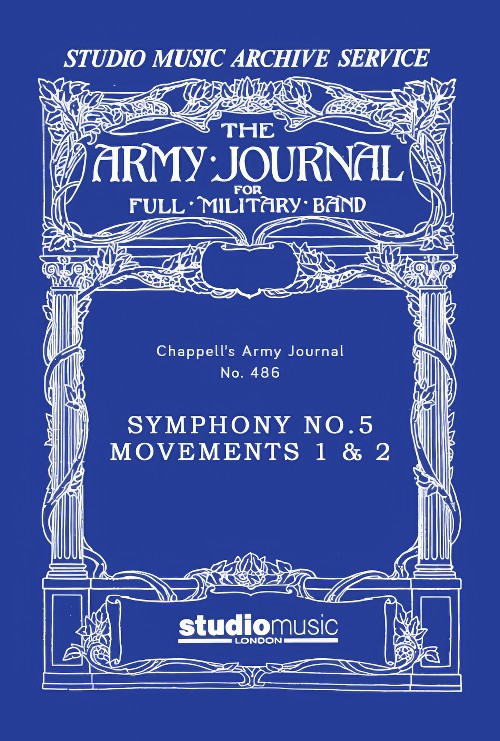Results
-
 £57.50
£57.50YESTERDAY (Young Band) - Lennon & McCartney - Auken, Zane van
This item may be Print on Demand (approx 3 weeks).
Estimated dispatch 7-14 working days
-
 £57.50
£57.50White Christmas (Concert Band - Score and Parts) - Berlin, Irving - Auken, Zane van
An excellent arrangement of this standard Christmas tune.
Estimated dispatch 7-14 working days
-
 £80.00
£80.00Egmont Overture (Concert Band - Score and Parts) - Beethoven, Ludwig van - Hindsley, Mark
Duration: 9.00
Estimated dispatch 7-14 working days
-
 £64.95
£64.95Symphony No.5 Movements 1 & 2 (Concert Band - Score and Parts) - Beethoven, Ludwig van - Godfrey, Dan
This Symphony is perhaps the most widely known of all Beethoven's works and is certainly the most characteristic expression of his genius.
Estimated dispatch 7-14 working days
-
 £78.20
£78.20Allegretto - Ludwig van Beethoven
Estimated dispatch 7-14 working days
-
 £94.99
£94.99Viva Besana! - Jan Van der Roost
This solemn overture was written for concert band to commemorate the 20th Festival Bandistico Besana in Brianza for 2024. This multifaceted work features three movements: the serene and solemn Corale solenne, which is then followed by Danza con eleganza, in which alternating changes of time signature form a jaunty and also somewhat whimsical whole. The Finale trionfale is thematically based on the opening chorale, though now in a festive guise. Frequent modulations convey the melodies and themes in various keys, resulting in a wonderful harmonic colourfulness. Viva Besana, viva la musica!
Estimated dispatch 7-14 working days
-
 £73.60
£73.60Bella Ciao - Manu Pilas
Bella Ciao is an Italian battle song, which became popular in Italy during World War II among partisans resisting fascism and national socialism. The song became a global resistance song against oppressive powers. In 2018, the song became known again through the Spanish Netflix series La Casa de Papel, in which the song was used multiple times. Jan van Kraeydonck wrote a skillful arrangement for concert band, fanfare and brass band.
Estimated dispatch 7-14 working days
-
 £102.99
£102.99As The Curtain Closes - Jan Van der Roost
As The Curtain Closes is a ceremonious composition that radiates noblesse and pride, and features challenges for all sections. At the beginning, the main theme is introduced by the flute, accompanied by muted percussion. Soon afterwards, the atmosphere becomes more open, and the music develops with growing optimism on the way to a majestic climax, concluding with a radiant final chord.
Estimated dispatch 7-14 working days
-
 £233.99
£233.99Colores - Jan Van der Roost
Colores is Spanish for 'colours' - a word which this composition seeks to reflect and build itself upon. Musical colours, timbres, sounds, soft and sharp color tones, sonorous effects ... they are all present in this work. It is an abstract composition: completely lacking a story, scenario or any programmatic inspiration to guide the notes. The music speaks for itself. All sections are featured within a hugely varied work that demands a lot from the players. Pull out all the stops to produce the best possible result!
Estimated dispatch 7-14 working days
-
 £420.99
£420.99Symphony of Freedom - Thomas Doss
"All men are born free and equal in dignity and rights. They are endowed with reason and conscience and are to meet one another in a spirit of brotherhood." This article 1 of the Universal Declaration of Human Rights forms the basic idea behind this majestic Symphony of Freedom. In each of the three movements, the composer picks another angle on this universal theme of freedom. In the first 'Cry for Freedom' it's the Dalai Lama of which the composer is a great admirer. The second movement 'Dream of Freedom' takes the photograph of the deceased three-year-old refugee boy Ailan Kurdi on the beach at Bodrum as a basis. The finale 'Freedom Above All' refers, besides a Bruckner quote, to the music of Ludwig van Beethoven. This movement should be seen first and foremost as an affirmation of life, faith and hope for a better world.
Estimated dispatch 7-14 working days
